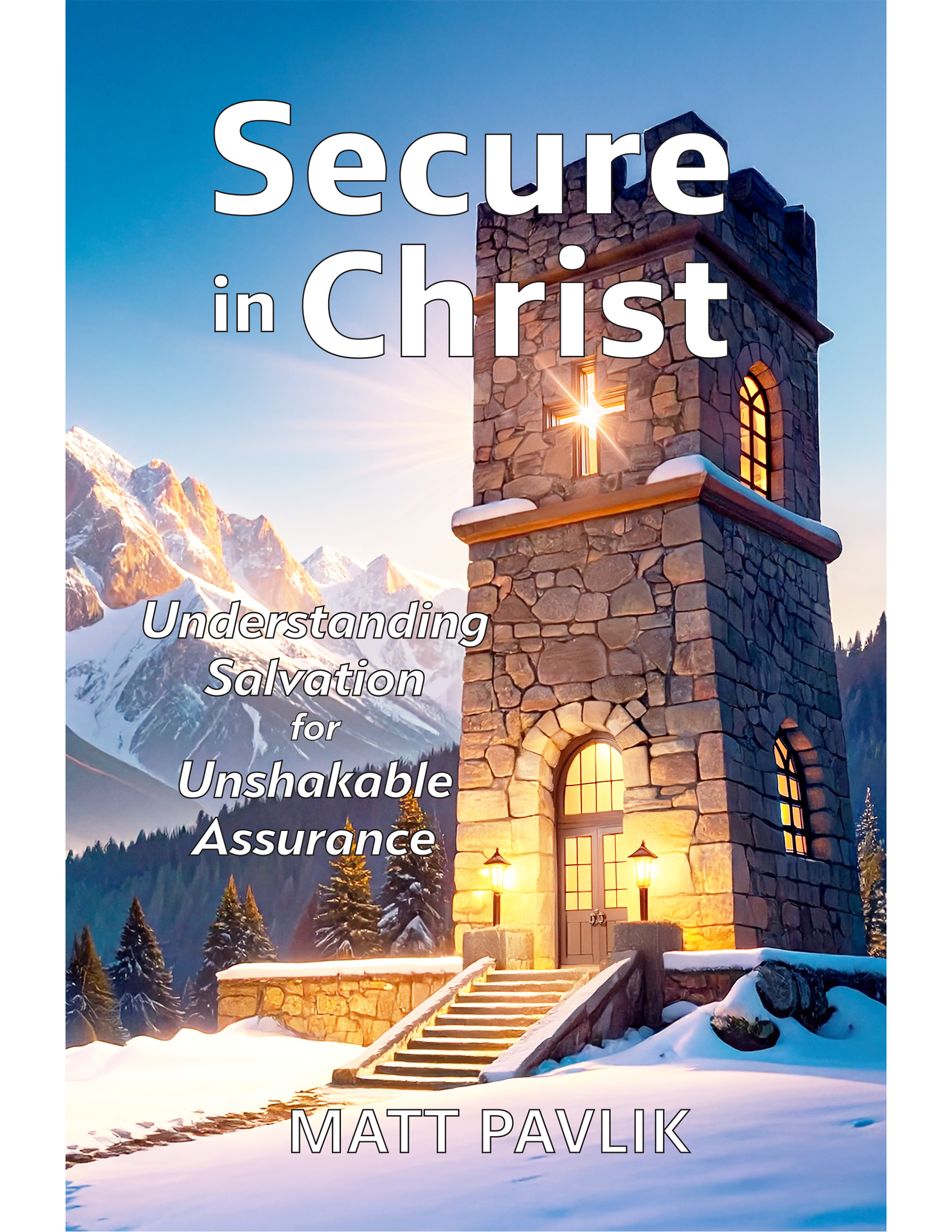Who do you blame for life’s problems? How easy is it to identify the source of a problem? What do you blame? When? Why? How often? You might accuse others or you might condemn yourself of some wrongdoing.
Blaming shifts the focus of responsibility. While this tactic might be used for good purposes, I am writing about blame when it is activated for purely selfish purposes.
Blame is Possible Because of a Standard of Behavior
In order to accuse someone of wrongdoing, there must first be some standard in mind, otherwise, the complaint makes no sense. But a blaming statement is meant to carry the weight of authority behind it.
- You cut me off in traffic.
- You punched me in the face.
- You called me names to denounce my worth.
- You took the last cookie.
- You went to bed without saying goodnight.
- You spend too much time with your friends, your computer, your work, your family.
- You don’t want to understand me.
What do all of these have in common? They speak of an expectation for behavior, for someone else’s behavior. They could be statements of fact, but they could also be spoken with an edge of condemnation.
We desire to be treated in a way that meets our emotional needs. We also desire to be capable of treating others well. But others fall short and so do we. How well do you love? How badly do you want to love well? What does it mean to you when others love you well?
Blame can be an attack and so blame-shifting is a natural counter-attack. Consider these responses to the above accusations:
- You drive too slowly.
- You provoked me by continuing to nag.
- You don’t understand what I’ve been through.
- You never claimed it for your own.
- I was too tired to think.
- You’re trying to control me.
- You’re impossible to understand.
As you can see, the argument is not over whether a standard even exists. It is over the extenuating circumstances, the technicalities of its fulfillment. No one is eager to admit failing to meet the standard. No one wants to feel inadequate to meet the standard.
Blame is Possible Because We Have a Choice
God has standards or laws for many aspects of His creation. Gravity is a law or standard of expected behavior. When a ball is dropped, it falls to the ground. The ball doesn’t have a choice. Gravity would act upon the ball even if the ball could desire to remain suspended in the air.
What about the standards that God has for us? The Bible speaks of the law.
Why, then, was the law given? It was given alongside the promise to show people their sins.
Let me put it another way. The law was our guardian until Christ came; it protected us until we could be made right with God through faith. And now that the way of faith has come, we no longer need the law as our guardian.
Galatians 3:19a,24,25
We no longer need the law as a guardian because we have God Himself as our example of love and our teacher of love. The standard causes us to depend on God to meet the standard. We have the option to sin. We can act against God’s Spirit. We can deviate from His law of behavior.
Unlike the law of gravity that acts upon us involuntarily, God does not forcefully ensure that we love when we don’t want to, or can’t. The law acts upon us from the outside, but God acts from the inside with our cooperation.
When we are faced with our inadequacy to fulfill the law, the natural, sinful response is to minimize the law. My inability to meet your expectations is not my fault. Your standards are too high. You sabotaged my ability to meet them. It’s your fault. You are to blame. The defensive response can seem involuntary because it can come so quickly.
Because we cannot escape from God’s standard, we have only these options to manage God’s standard:
- Ignore it (pretend it doesn’t exist).
- Downplay it (it exists, but can’t possibly be taken seriously).
- Admit falling short but stubbornly hold to independence, living with condemnation (refusing God’s help through Jesus).
- Admit falling short but fully depend on God’s help to meet the standard.
The first three will illicit some form of blaming. But when we depend upon God, we no longer have a need for blaming or defensiveness.
Read more about resolving conflict.
Image by Donate PayPal Me from Pixabay
Matt Pavlik is a professional counselor, author, and devoted follower of Christ. With decades of experience in Christian counseling, he writes with theological depth and everyday clarity. His resources—centered on salvation, identity, marriage, and emotional healing—are anchored in Scripture and guide believers to discover the freedom of their identity in Christ and the security of their salvation in Him. He and his wife Georgette, married since 1999, live in Centerville, Ohio, and have four adult children.




[…] Learn more about Conflict Resolution.Image was taken by Matt Pavlik. […]